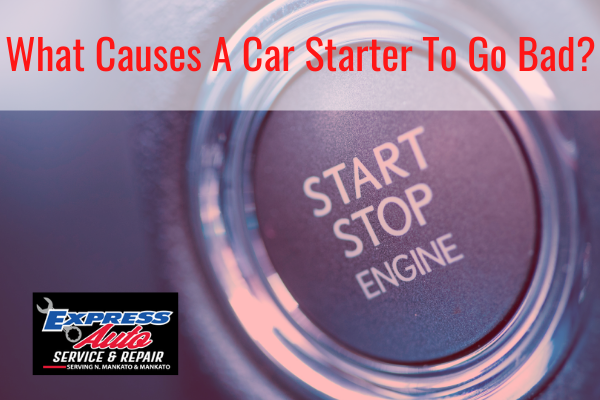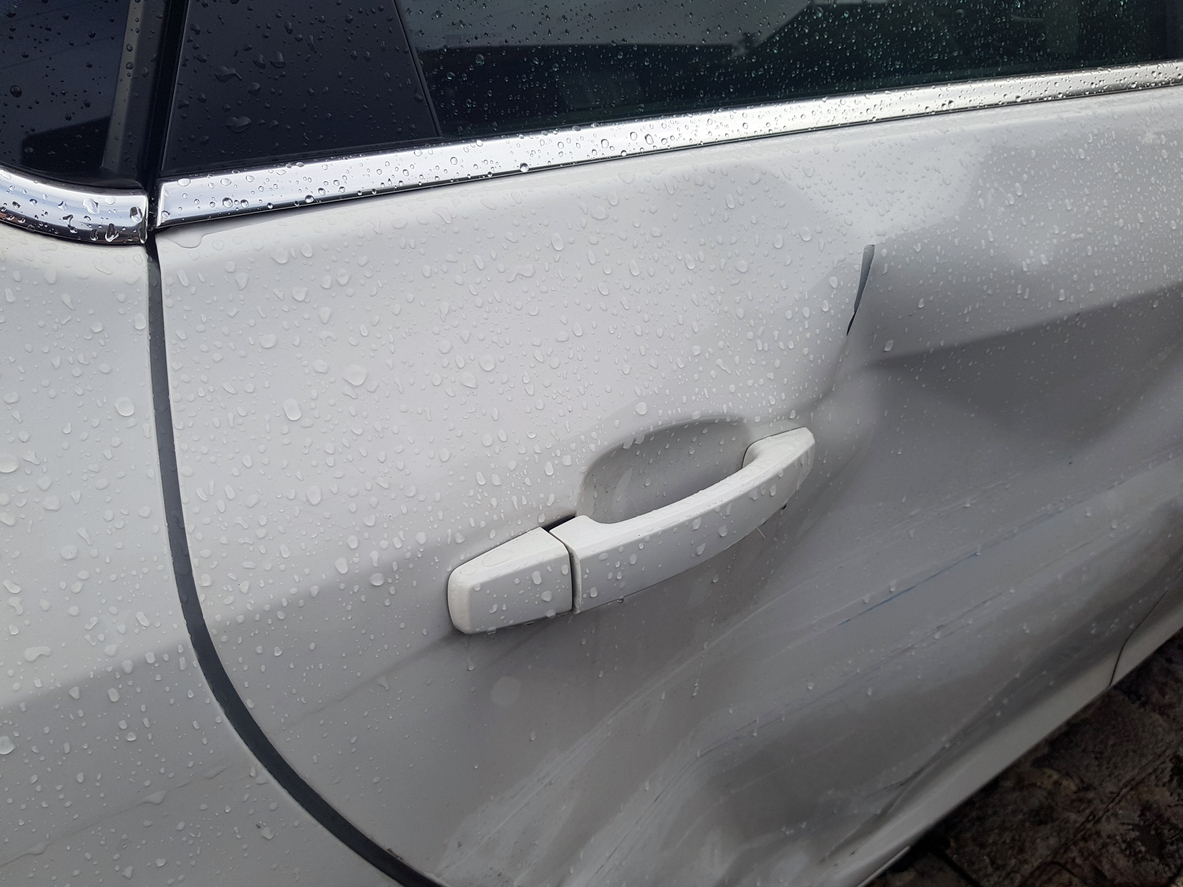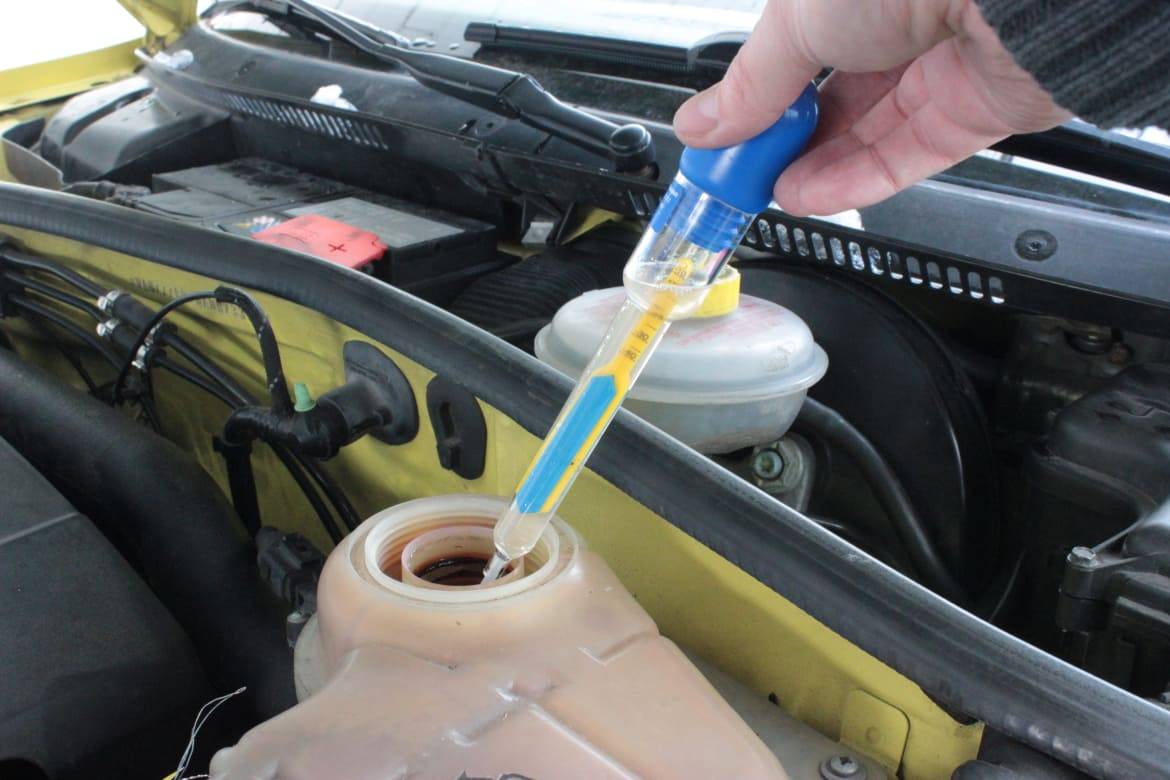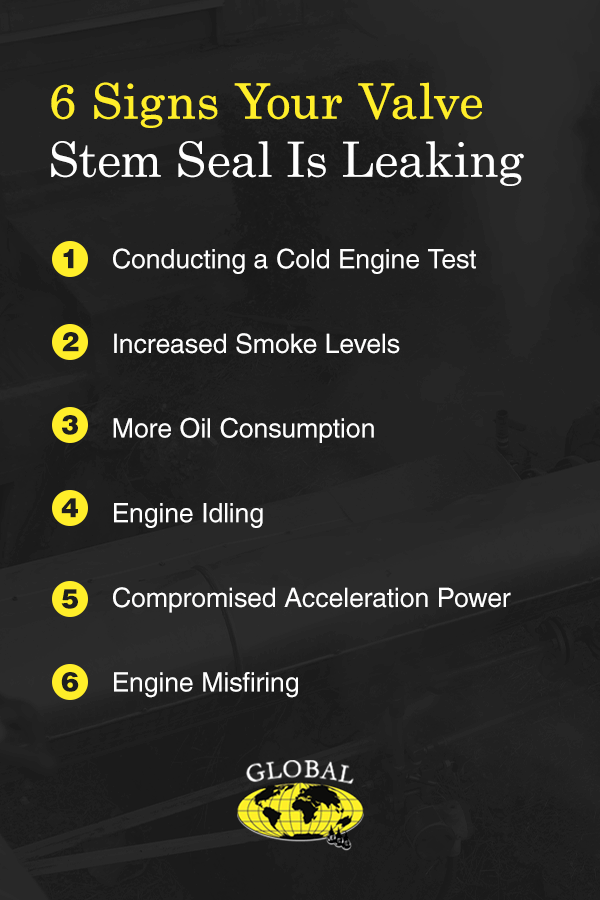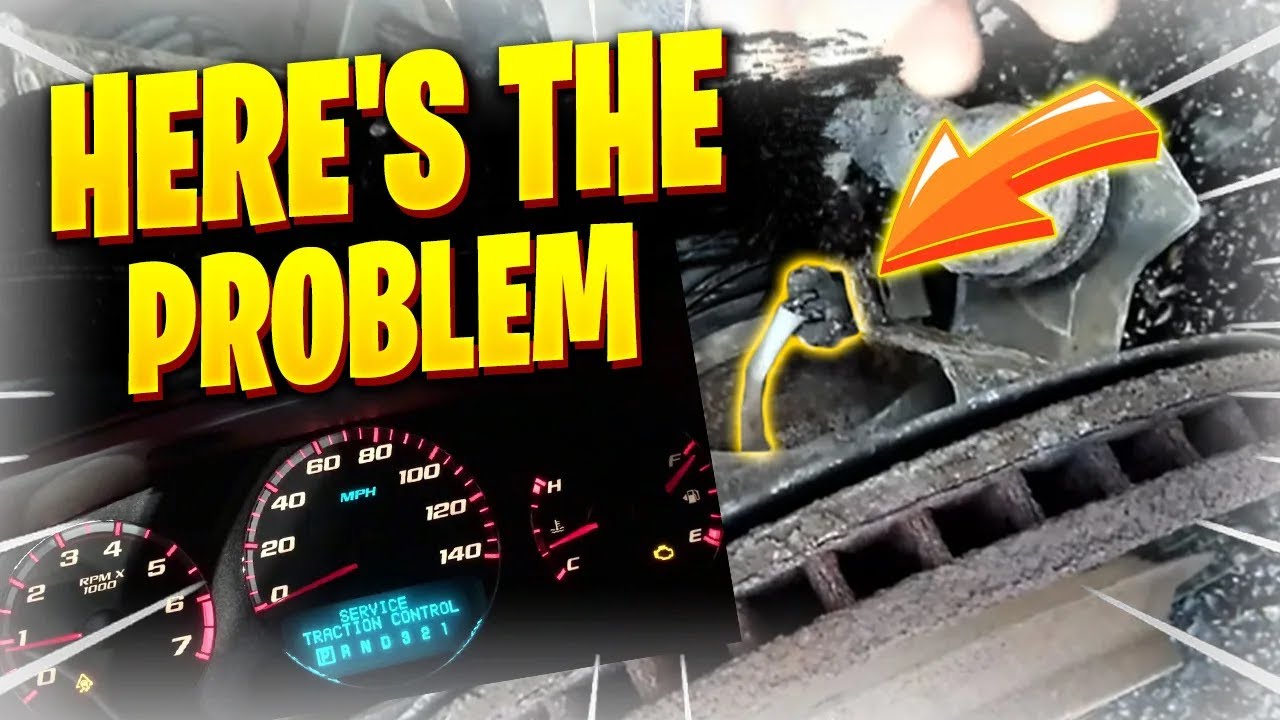What Causes a Starter to Go Bad
Starters can go bad due to electrical issues or mechanical wear. Frequent causes include faulty components, corrosion, and oil leaks.
Experiencing car trouble can be daunting, especially when it relates to a non-functioning starter. This small but pivotal component ensures your vehicle’s engine fires up when you turn the key or push the start button. Over time, various factors can lead to a starter’s demise, often leaving drivers stranded.
Degradation of the starter motor’s internals, such as the solenoid or brushes, are common culprits. Regular wear and tear play a significant role, as each ignition cycle contributes to the overall deterioration of the starter. Exposure to extreme temperatures and the presence of dirt or grime can further expedite this process. Keeping your car’s starting system in good condition is crucial for reliable performance, and understanding the reasons behind starter failures is the first step towards preventative maintenance.

Credit: www.partsworldusa.com
Symptoms Of A Failing Starter
Is your car refusing to start? Your starter could be the culprit. A car’s starter is critical for igniting the engine. But like any car part, starters can wear out or break. Knowing the symptoms of a failing starter can save you from being stranded. Let’s explore these tell-tale signs.
Grinding Noises During Ignition
A clear sign your starter is failing is a grinding noise. This sound often mimics the noise you hear when you start your car after it’s already running. It’s the sound of gears grinding against each other. This could mean the starter drive gear is worn out or not engaging properly.
Engine Will Not Turn Over
When you turn the key, does nothing happen? If the starter motor isn’t getting enough power, it won’t turn over the engine. This often shows up as a single click or a series of rapid clicks when you attempt to start the car. It’s a strong indication your starter may need inspection or replacement.
Intermittent Issues Starting The Vehicle
Sometimes, a starter will work and then suddenly stop. If you’re experiencing inconsistent starting, it’s possible the starter motor is on its way out. This unpredictable behavior is often due to internal components becoming faulty.
Dashboard Lights Flicker
Notice your dashboard lights flickering when you start the engine? This might point to a starter issue. Although flickering lights can be due to various issues, if seen alongside any of the other signs, it reinforces the likelihood of a problematic starter.
Common Culprits Of Starter Failure
Every car owner dreads the day their car refuses to start. Often, the starter motor is at fault. Understanding what can cause a starter to fail is crucial for prevention and timely repairs. Let’s look at the most common culprits of starter failure.
Worn-out Components
Age and usage take a toll on starter components. Over time, gears can wear down, and electrical parts may degrade. Specific parts prone to wear include:
- The starter drive gear, which engages the engine’s flywheel
- Solenoid contacts, vital for electric current
- The armature and brushes that power the motor
Regular checks can catch wear before it leads to starter failure.
Electrical Connections And Corrosion
Smooth current flow is essential for a well-functioning starter. Corrosion on battery terminals and connections disrupts this flow, causing issues. Signs of bad electrical connections include:
- Dim lights when starting the engine
- Intermittent starter operation
- A clicking noise with no engine turnover
Keep battery terminals clean and check for corrosion regularly to avoid these problems.
Overheating And Thermal Damage
Excessive heat damages starter motors. Causes of overheating include:
- Long cranking periods
- High ambient temperatures
- Electrical current issues
Allowing the starter to cool before repeated attempts can prevent thermal damage.
Oil Leakage Impact On Starter
Oil leaks pose a threat to starters. Oil can:
- Seep into the starter, affecting its parts
- Cause short circuits in electrical components
- Attract dirt that leads to abrasion and wear
Regular engine checks help identify and fix leaks before they damage the starter.
Impact Of Driving Habits
Have you ever thought about how your driving habits might affect your car’s starter? Little do we know, the way we drive can lead to starter problems. Let’s dive into how your driving routines play a role.
Frequent Short Trips And Starter Wear
Imagine taking your car out for only five minutes now and then. It might seem harmless but these frequent short trips can wear out your starter more quickly than you’d expect. Each time you start your car, the starter has to work hard. When you don’t let the engine run for long, the starter uses up a part of its life with each ignition. Over time, all these starts add up, leading to more wear and tear.
- Short drives don’t let the starter rest.
- The battery recharges less with short use.
- More starts equal faster wear.
Ignition Overuse And Its Consequences
Mistakes happen, but did you know that turning your ignition key when the car is already running can harm the starter? This mistake makes the gears grind and the starter overheat. Over time, your ignition habits can take a toll on the starter’s health, leading to a failure you don’t want to encounter.
| Bad Habit | Issue | Result |
|---|---|---|
| Overusing ignition | Gears grinding | Starter wears quickly |
| Starting an already running engine | Starter overheats | Possible starter failure |
Watch how often and how you start your car. Taking care of these habits can extend the life of your starter.
Starter Lifespan And Maintenance
Your car’s starter is pivotal for igniting the engine, playing a crucial role in your vehicle’s operation. Understanding the factors affecting its lifespan and how to maintain it can save you from unexpected breakdowns and high repair costs. This section delves into what determines a starter’s longevity and the necessary routine checks and maintenance tips to ensure its optimal performance.
Average Lifespan Of Car Starters
Car starters have a varied lifespan, depending on multiple factors like usage, vehicle type, and maintenance. While there’s no set expiration date, most starters fall within a certain range of service life.
- Standard expectancy: Typically, starters last between 100,000 to 150,000 miles.
- Early failures: However, they might fail sooner due to manufacturing defects or other issues.
Routine Checks To Prolong Starter Life
To extend the starter’s lifespan, incorporate these checks into your regular maintenance routine:
- Inspect electrical connections: Ensure they are tight and free from corrosion.
- Listen for unusual sounds: Grinding or clicking could indicate a problem.
- Observe how the starter performs: Slow cranking could signal a weakening starter.
Replacing Vs. Repairing A Starter
When facing starter issues, deciding whether to replace or repair can be challenging.
| Factor | Replace | Repair |
|---|---|---|
| Cost: | Higher initial cost, long-term savings. | Less costly, short-term fix. |
| Severity: | Recommended if severely damaged. | Possible if damage is minimal. |
Preventing Premature Starter Failure
Nothing ruins a day like a car that won’t start. The culprit is often a bad starter. But good news awaits! Preventing premature starter failure is possible. By taking proactive steps, any driver can extend the life of this essential component. Let’s ensure that starters live a long, reliable life.
Keep Battery Health In Check
The heart of a car’s electrical system is a healthy battery. A starter relies on the battery’s power to turn over the engine. Keep the battery in good health to avoid starter strain.
- Regularly check the battery’s voltage.
- Ensure terminals are clean and free from corrosion.
- Have your charging system assessed by a professional.
Regular Inspection Of Starter System
A starter’s longevity benefits from attentive care. Regular inspections can catch issues before they worsen. Here’s a simple checklist:
| Check Item | Action |
|---|---|
| Starter operation | Listen for unusual sounds during ignition. |
| Wiring connections | Look for loose or damaged wires. |
| Mounting bolts | Ensure they are tightened securely. |
Choosing Quality Replacement Parts
Not all parts are made equal. Choosing quality replacement parts is crucial. Invest in trusted brands and avoid generic alternatives. Use the following guidelines:
- Opt for OEM (Original Equipment Manufacturer) parts when possible.
- Read reviews and check ratings of aftermarket parts.
- Ask mechanics for recommendations based on experience.
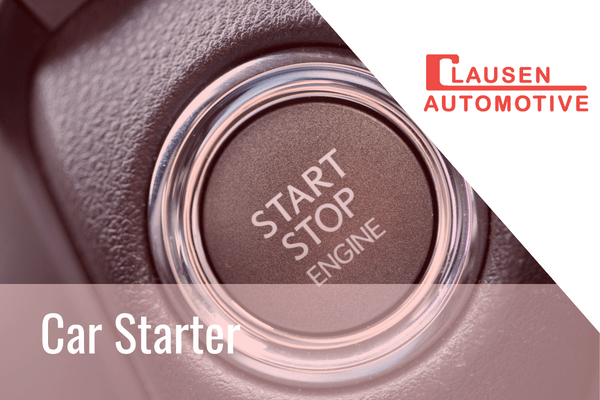
Credit: www.clausenautomotive.com
Know When To Consult A Professional
Identifying when a car’s starter is failing is crucial for car maintenance. This component is essential for igniting the engine. Recognizing the signs of wear early can prevent further damage and costly repairs.
Troubleshooting Tips
When a starter shows signs of trouble, certain quick checks can pinpoint the issue. Listen for unusual noises, or notice if the car is hesitant to start. Examine the battery connections to ensure they are clean and tight. A jump start may sometimes help in diagnosing a weak battery versus a bad starter.
- Check the battery voltage.
- Inspect for loose wires.
- Listen for clicking sounds.
When To Seek A Mechanic’s Help
Professional advice is vital when simple troubleshooting doesn’t resolve the issue. Starters are complex devices that require precise installation. A certified mechanic can perform a thorough diagnosis and replace the starter if necessary. Look for signs like a smoking starter or a car that doesn’t start at all — these are clear signs that a professional’s help is needed.
- Car does not start and lights dim.
- Grinding noise when trying to start the car.
- Starter smokes or smells like burning.
Understanding The Risks Of Diy Repairs
Attempting to replace a starter without the proper tools or knowledge can lead to greater issues. Electrical components are delicate and can be damaged. Incorrect installation can cause damage to the starter and other engine components. In some cases, it can be a safety risk. Rely on a professional to ensure a proper and safe repair.
| DIY Risk | Potential Consequence |
|---|---|
| Incorrect Installation | Engine Damage |
| Poor Wiring | Electrical Failures |
| Lack of Proper Tools | Unreliable Repairs |
Frequently Asked Questions For What Causes A Starter To Go Bad
What Are Common Signs Of Starter Failure?
A failing starter often makes a clicking noise when you turn the key. Another sign is the engine not turning over despite having battery power. Slow cranking or intermittent operation can also indicate starter trouble.
How Long Does A Typical Starter Last?
A typical starter motor lasts between 100,000 and 150,000 miles. However, its lifespan can be affected by factors like frequency of use, climate, and vehicle type. Regular maintenance can help prolong its life.
Can A Dead Battery Ruin A Starter?
A dead battery itself doesn’t ruin a starter, but repeatedly trying to crank the engine with a weak battery can. The starter motor requires a large amount of electrical current, and without it, the starter can overheat and wear out prematurely.
Does A New Starter Improve Performance?
Installing a new starter can improve engine start performance. If your old starter was failing, a replacement would restore proper cranking speed and reliability. However, it does not directly enhance overall engine performance.
Conclusion
Understanding the reasons behind starter failure is crucial for vehicle maintenance. Factors include electrical issues, wear and tear, and lubrication problems. Timely checks can prevent unexpected breakdowns. Keep an eye on warning signs to ensure your starter remains reliable for smooth engine ignition every time.
Drive confidently knowing you’re informed and prepared.

